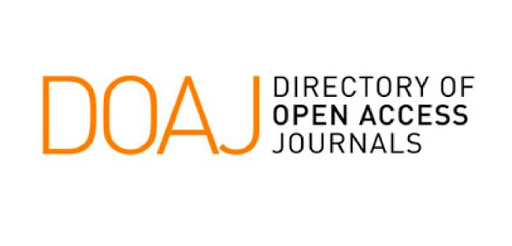Paper ID : SMJ1602225602438 | View : 65

Abstract : Background: Management of congenital diaphragmatic hernia (CDH) remains a challenging problem, as to date, uniform standards for management have not existed. Objective: To assess the influence of prenatal diagnostic modalities for CDH on postnatal management and outcome in a developing country. Methods: This is a retrospective study of 32 neonates with CDH without other associated congenital anomalies admitted to Neonatal Intensive Care Unit (NICU) during an 8 years' period from December 2013 to November 2021. Identified cases were classified into 2 groups; Group I included 17 infants who were prenatally diagnosed with CDH and continuous prenatal follow-up were available. Group II included 15 infants with no records for continuous prenatal follow-up. A particular resuscitation protocol for the neonates was adopted. Recorded operative data, morbidity and mortality were statistically analyzed. Results: The overall male to female ratio was 1.4: 1. The mean gestational age at postnatal diagnosis was 37.1±1.2 weeks. Twenty-four infants had left-sided, and 8 had right-sided CDH. In group I, the mean gestational age at prenatal diagnosis was 25.4 weeks. However, those in group II, who had the perinatal diagnosis and lost for follow-up, showed mean gestational age of 21.6 weeks. The overall survival was 14 patients out of 32 (43.8%). Group I showed survival of 11 neonates out of 17 (64.7%). Three patients expired post-operatively, while the remaining 3 did not undergo any surgery. In










